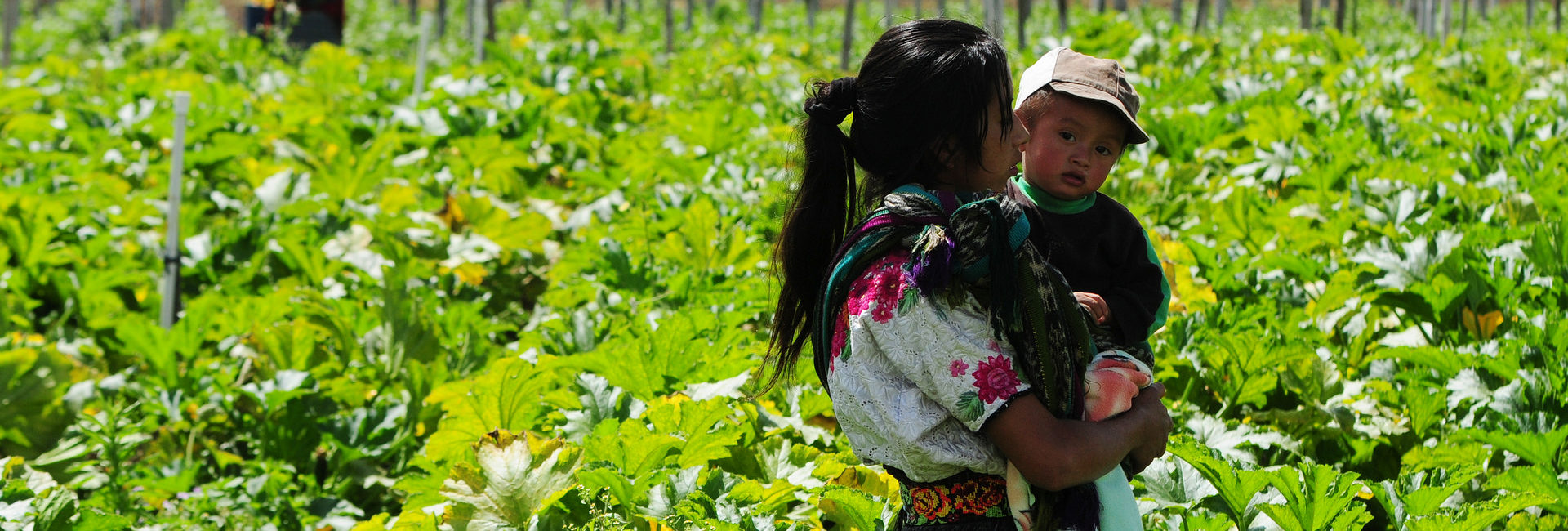Scaling Up Nutrition Report Highlights Critical Role of Women in Curbing Undernutrition
Malnutrition is the underlying cause of nearly half of all deaths of young children globally. Today, approximately 159 million children under the age of five are chronically malnourished and 55 million are acutely malnourished.
Accounting for 60% of the world’s malnourished people, women are disproportionately affected. As are girls, who are far too often the last to eat, the last to go to school and the last to have a say in important life decisions – such as marriage and family planning. And poor nutrition during adolescence will not only affect adult body size, but may also affect the nutritional status of any children born to mothers who were malnourished during adolescence. This is particularly important for the 16 million adolescent girls who give birth each year.
As those who know hunger first – and those who are largely responsible for growing food and feeding their families – women are not just the victims of malnutrition. They are critical to finding solutions. That is why women’s empowerment is at the core of the Scaling Up Nutrition movement.
Scaling Up Nutrition, or SUN , is a unique movement launched in 2010 that recognizes that all people have a right to food and good nutrition. It unites people – from governments, civil society, the United Nations, donors, businesses and researchers – in a collective effort to improve nutrition. Currently, a collection of 57 countries are leading their own national efforts.

Recognizing the critical role women play – and the correlation between gender discrimination and higher levels of acute and chronic undernutrition – SUN’s latest publication illustrates the strategies that SUN Countries are adopting to integrate gender equality into their nutrition responses.
Launched at the Women Deliver Conference in Copenhagen, SUN’s In Practice Brief, Empowering Girls and Women for Improved Nutrition: Building a Sisterhood of Success, illustrates the ways in which nutrition champions from Senegal, Sierra Leone, Tajikistan, Malawi and Zimbabwe are focusing on women and girls’ empowerment as part of national efforts to support nutrition.
For example:
- In Sierra Leone, organized mother-to-mother support groups are allowing women to witness gradual improvements in their nutritional status and infant feeding.
- Tajikistan, with the assistance of development partners and the innovative Women’s Empowerment in Agriculture Index, is building capacity among women to improve household farming and generate income, increase control of assets and improve the nutrition of their families.
- In Malawi, leaders - including the president as well as traditional and religious authorities – are taking on gender inequality and, in particular, working at all levels to stop child marriage and improve girls’ education.
Highlighting the cross-cutting nature of nutrition – and its impact on the health, education, and economic status of populations – the report cites the benefits of investing in nutrition, particularly during the 1,000 day window of a women’s pregnancy through to her child’s second birthday. Every dollar invested in improving nutrition in this period yields a return of $16 in better health and economic productivity.
“Improving the nutritional status of girls, adolescents, and women increases their ability to perform well at school and to become empowered in the workforce and the wider society,” said Gerda Verburg, Scaling Up Nutrition Movement Coordinator. “We in the SUN Movement know that the virtuous circle of good nutrition and better futures starts with the girl child.”
Photo courtesy of: Lindsay Mgbor / DfID / CC BY-NC-ND


